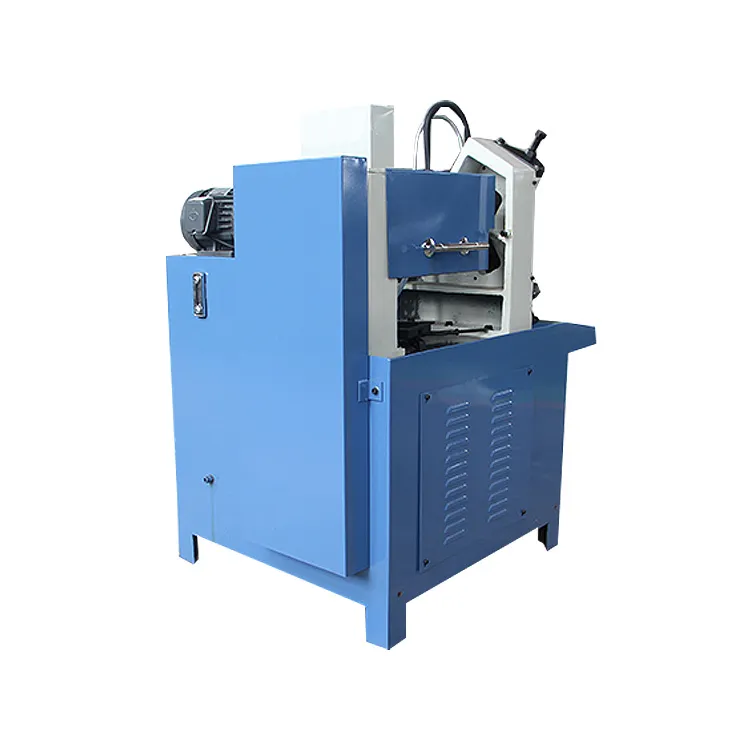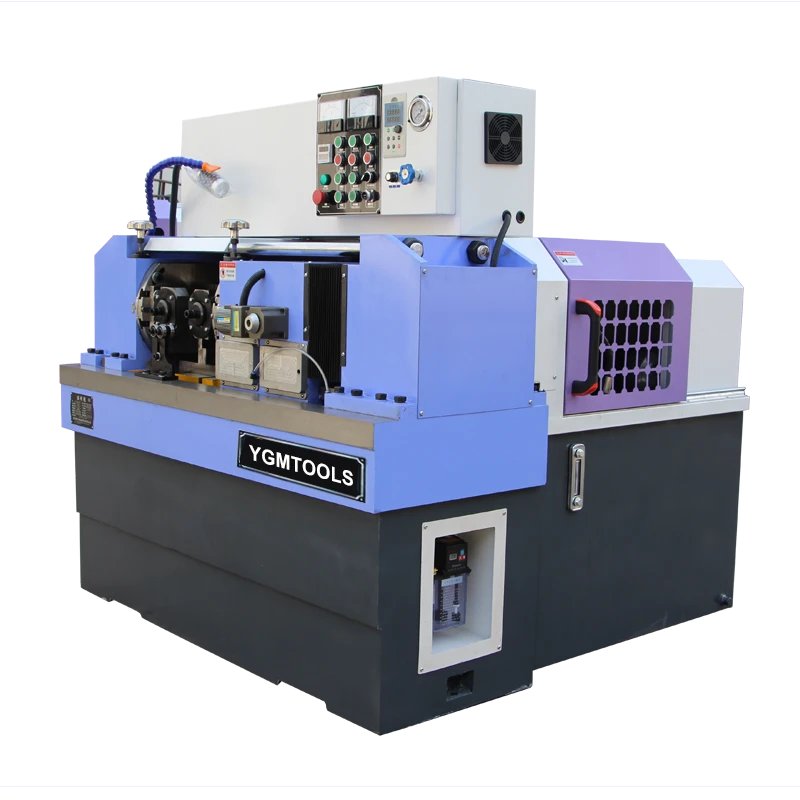
-
 Afrikaans
Afrikaans -
 Albanian
Albanian -
 Amharic
Amharic -
 Arabic
Arabic -
 Armenian
Armenian -
 Azerbaijani
Azerbaijani -
 Basque
Basque -
 Belarusian
Belarusian -
 Bengali
Bengali -
 Bosnian
Bosnian -
 Bulgarian
Bulgarian -
 Catalan
Catalan -
 Cebuano
Cebuano -
 Corsican
Corsican -
 Croatian
Croatian -
 Czech
Czech -
 Danish
Danish -
 Dutch
Dutch -
 English
English -
 Esperanto
Esperanto -
 Estonian
Estonian -
 Finnish
Finnish -
 French
French -
 Frisian
Frisian -
 Galician
Galician -
 Georgian
Georgian -
 German
German -
 Greek
Greek -
 Gujarati
Gujarati -
 Haitian Creole
Haitian Creole -
 hausa
hausa -
 hawaiian
hawaiian -
 Hebrew
Hebrew -
 Hindi
Hindi -
 Miao
Miao -
 Hungarian
Hungarian -
 Icelandic
Icelandic -
 igbo
igbo -
 Indonesian
Indonesian -
 irish
irish -
 Italian
Italian -
 Japanese
Japanese -
 Javanese
Javanese -
 Kannada
Kannada -
 kazakh
kazakh -
 Khmer
Khmer -
 Rwandese
Rwandese -
 Korean
Korean -
 Kurdish
Kurdish -
 Kyrgyz
Kyrgyz -
 Lao
Lao -
 Latin
Latin -
 Latvian
Latvian -
 Lithuanian
Lithuanian -
 Luxembourgish
Luxembourgish -
 Macedonian
Macedonian -
 Malgashi
Malgashi -
 Malay
Malay -
 Malayalam
Malayalam -
 Maltese
Maltese -
 Maori
Maori -
 Marathi
Marathi -
 Mongolian
Mongolian -
 Myanmar
Myanmar -
 Nepali
Nepali -
 Norwegian
Norwegian -
 Norwegian
Norwegian -
 Occitan
Occitan -
 Pashto
Pashto -
 Persian
Persian -
 Polish
Polish -
 Portuguese
Portuguese -
 Punjabi
Punjabi -
 Romanian
Romanian -
 Russian
Russian -
 Samoan
Samoan -
 Scottish Gaelic
Scottish Gaelic -
 Serbian
Serbian -
 Sesotho
Sesotho -
 Shona
Shona -
 Sindhi
Sindhi -
 Sinhala
Sinhala -
 Slovak
Slovak -
 Slovenian
Slovenian -
 Somali
Somali -
 Spanish
Spanish -
 Sundanese
Sundanese -
 Swahili
Swahili -
 Swedish
Swedish -
 Tagalog
Tagalog -
 Tajik
Tajik -
 Tamil
Tamil -
 Tatar
Tatar -
 Telugu
Telugu -
 Thai
Thai -
 Turkish
Turkish -
 Turkmen
Turkmen -
 Ukrainian
Ukrainian -
 Urdu
Urdu -
 Uighur
Uighur -
 Uzbek
Uzbek -
 Vietnamese
Vietnamese -
 Welsh
Welsh -
 Bantu
Bantu -
 Yiddish
Yiddish -
 Yoruba
Yoruba -
 Zulu
Zulu
Reliable Thread Rolling Machine Suppliers Precision & Fast Delivery
- Introduction to thread rolling technology and key suppliers
- Technical advantages of modern thread rolling machines
- Market statistics and growth trends analysis
- Comparative analysis of leading manufacturers
- Customization options for specialized applications
- Real-world application case studies
- Conclusion and supplier selection guidance

(thread rolling machine working suppliers)
Understanding Thread Rolling Machine Working Suppliers in Modern Manufacturing
Thread rolling machine working suppliers provide critical cold-forming equipment that shapes metal components through compressive force rather than cutting. This technology delivers substantial cost savings through extended tool life—typically 10x longer than cutting tools—and reduces material waste by 15-20% according to industry reports. The largest industry clusters operate in Germany, Japan, and the Northeastern United States, supplying aerospace, automotive, and medical sectors. Unlike subtractive methods, thread rolling strengthens the crystalline structure of materials by up to 30%, improving fatigue resistance in critical load-bearing components. Leading thread rolling machine working companies increasingly integrate Industry 4.0 features like predictive maintenance algorithms and energy consumption monitoring that slash downtime by 40%.
Technical Superiority of Advanced Thread Rolling Systems
Contemporary thread rolling machines incorporate precision hydrostatic guide systems maintaining tolerances within ±0.005mm, critical for aerospace fasteners. Servo-electric models now dominate high-precision applications, reducing power consumption by 25% compared to hydraulic alternatives. The most advanced units feature automatic pitch diameter compensation systems that adjust for thermal expansion during continuous operation. Dual-spindle configurations enable simultaneous production of different thread types, boosting output by 60% for tier-one automotive suppliers. Vibration-dampening frames constructed from polymer concrete reduce harmonics that cause surface imperfections, ensuring Ra≤0.8µm surface finishes required for medical implants without secondary processing.
Industry Growth Metrics and Operational Economics
The global thread rolling equipment market reached $3.2 billion in 2023 with projected 5.8% CAGR through 2030, driven by aerospace and electric vehicle demand. Automotive manufacturing consumes 38% of new machines, where thread rolling reduces fastener production costs by $0.18 per unit versus machining. Medical device manufacturers report 90% reduction in particulate contamination compared to tapped threads, crucial for FDA-compliant implants. Recent energy efficiency studies indicate that modern electric thread rollers consume only 0.15kWh per thousand bolts versus 0.38kWh for traditional models. This translates to $23,000 annual energy savings in high-volume production environments operating three-shift schedules.
Supplier Comparison: Technical Specifications and Performance Metrics
| Manufacturer | Price Range ($) | Max Force (tons) | Production Rate (pcs/min) | Tooling Cost Savings |
|---|---|---|---|---|
| Profiroll Technologies | 85,000–220,000 | Up to 25 | 120–350 | 38% longer die life |
| WAFIOS Roll Systems | 110,000–310,000 | Up to 40 | 80–280 | Integrated adaptive pressure control |
| WINTER Precision Tools | 72,000–190,000 | Up to 18 | 100–320 | 30% reduction in setup time |
| HATEBUR Group | 145,000–395,000 | Up to 55 | 60–230 | Patented quick-change collet system |
Profiroll leads in high-volume production with its servo-driven RAC 250 model achieving 80 million cycles between maintenance intervals. WINTER's ECO series dominates the mid-market segment with 97% uptime records in independent audits. HATEBUR specializes in large-diameter applications including wind turbine components up to M160 threads.
Application-Specific Engineering Solutions
Progressive thread rolling machine working companies develop specialized configurations like inclined-axis machines that produce medical bone screws with variable pitch geometry in single operations. Aerospace suppliers increasingly adopt modular designs that switch between thread forms in under 15 minutes. For EV battery components, conductive material handling systems prevent spark risks when processing copper terminals. Customized options include in-line vision inspection stations detecting surface defects at 150 parts/minute, eliminating downstream quality bottlenecks. Top-tier suppliers now provide application engineering teams that conduct material flow simulations, reducing new product integration time from 12 weeks to 21 days for time-sensitive defense contracts.
Validation Through Industrial Implementation Case Studies
A European tier-one automotive supplier reduced fastener rejection rates from 2.1% to 0.04% after installing WAFIOS systems with closed-loop feedback control. The $2.7 million investment paid back in 18 months through warranty claim reductions and tooling savings. In aerospace, a manufacturer of landing gear components achieved 40% higher fatigue resistance on critical bolts using Profiroll's cold-work enhancement process. A medical implant producer eliminated secondary polishing operations with WINTER's micro-finishing rollers, saving $420,000 annually while achieving superior surface integrity for titanium alloy spinal devices. These documented results validate technical specifications in actual production environments.
Strategic Selection of Thread Rolling Machine Working Partners
Evaluating thread rolling machine working suppliers
requires scrutiny of application engineering resources and post-installation support networks. Leading manufacturers now maintain regional technical centers with 24/7 remote diagnostics capabilities. When reviewing thread rolling machine working pricelist offers, consider total lifecycle costs: a premium machine with predictive maintenance technology typically delivers 27% lower operating expenses over seven years. Partnering with suppliers holding ISO 1829 certification ensures consistency in high-volume production. The most competitive thread rolling machine working companies now offer productivity guarantees backed by throughput analytics from installed equipment, transforming capital investments into measurable competitive advantages.

(thread rolling machine working suppliers)
FAQS on thread rolling machine working suppliers
Q: How to choose reliable thread rolling machine working suppliers?
A: Verify suppliers' industry certifications like ISO and check production capabilities through client testimonials. Prioritize manufacturers offering comprehensive technical support and warranty coverage. Comparing delivery timelines ensures operational continuity.
Q: What factors affect thread rolling machine working pricelist quotes?
A: Pricing varies based on automation level, material compatibility (steel/aluminum), and production speed specifications. Customization requests such as specialized dies or integration with existing lines incur additional costs. Bulk orders typically reduce per-unit machine expenses.
Q: Which regions host top thread rolling machine working companies?
A: Major industrial hubs include Germany, Japan, and the United States for precision engineering. Emerging suppliers in India and China offer competitive alternatives. Focus on companies with global service networks for maintenance accessibility.
Q: What maintenance do thread rolling machine working suppliers recommend?
A: Daily lubrication of rollers and bi-weekly calibration checks maximize longevity. Suppliers advise annual professional servicing to inspect hydraulic/pneumatic systems. Immediate replacement of worn dies prevents thread quality deterioration.
Q: Can thread rolling machine working pricelist include installation?
A: Yes, most companies bundle basic setup and operator training into quotes. Custom integration or facility modifications incur extra fees. Always request detailed breakdowns showing installation versus equipment costs separately.
